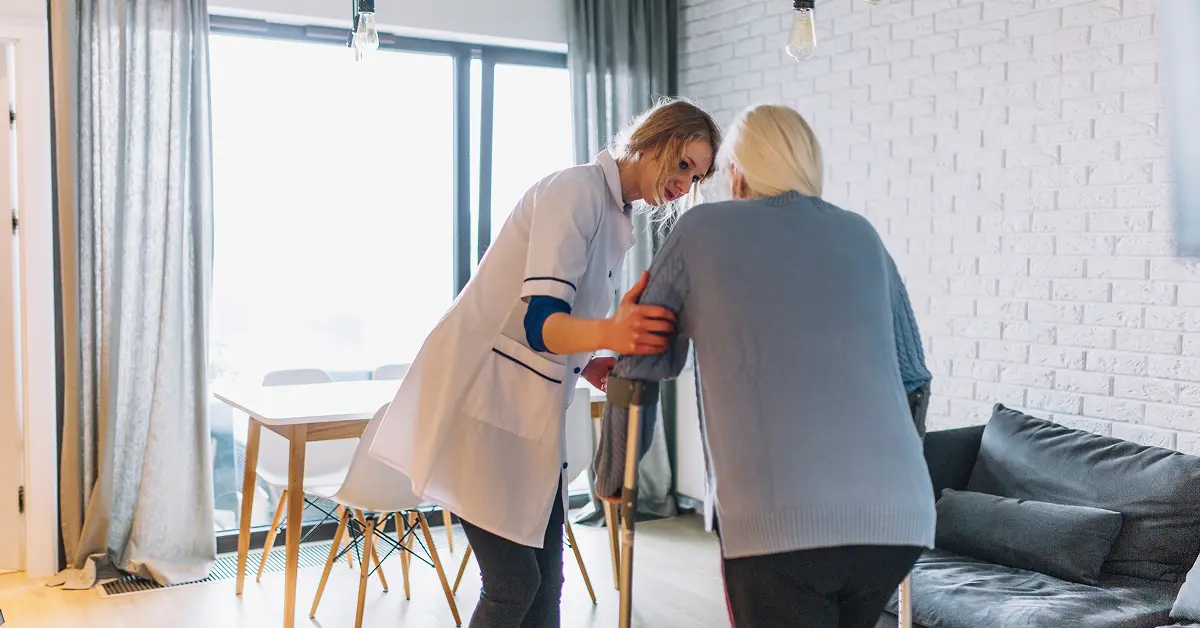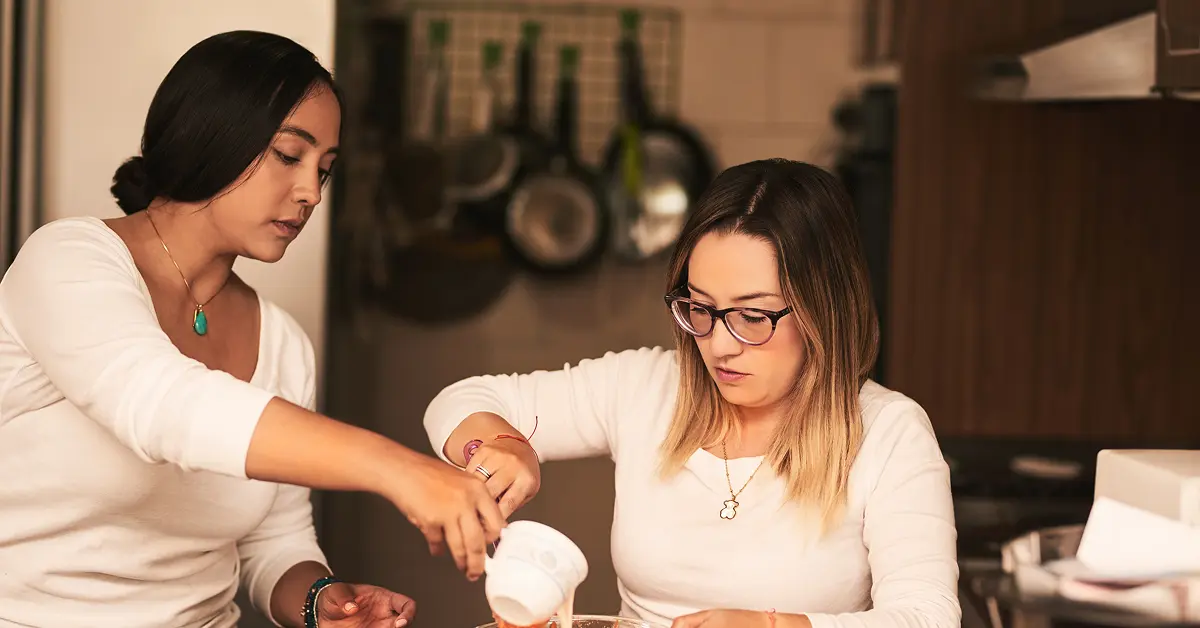Learn how to choose the right at-home caregiver based on medical needs. Understand caregiver qualifications, service types, and tips to ensure your loved one receives proper medical support at home.
Introduction
As more Indian families opt for home-based care for elderly or medically dependent members, the need for skilled at-home caregivers is rising. Choosing the right caregiver isn't just about companionship or daily help—it’s about matching medical needs with professional expertise. Whether you’re looking for post-surgical care, chronic illness management, or elder care, selecting a caregiver who meets those medical requirements is crucial for safety, recovery, and peace of mind.
This blog will walk you through the key factors to consider while choosing the right at-home caregiver based on specific medical needs. Let’s explore how to make informed, safe, and compassionate decisions for your loved ones.
Understand the Patient’s Medical Requirements
The first step is a thorough assessment of the patient's health condition. Ask these questions:
- Does the person require medical supervision (e.g., diabetes management, BP monitoring)?
- Are there mobility challenges or risk of falls?
- Is there a history of stroke, dementia, or Alzheimer’s?
- Will the patient need help with catheters, injections, wound dressing, or physiotherapy?
Having clarity on the level of medical assistance required helps you determine whether you need:
- A general caregiver (for daily activities),
- A nurse caregiver (for clinical tasks), or
- A specialised therapist or paramedic (for rehab or chronic conditions).
Consulting with the patient’s doctor or a home care coordinator can help identify the correct level of care.
Types of At-Home Caregivers Based on Medical Needs
In India, caregiver services can be broadly categorised based on skill and training:
a. Non-Medical Caregivers (General Caregivers)
These caregivers assist with:
- Bathing, grooming, and dressing
- Meal preparation and feeding
- Light housekeeping
- Medication reminders
Best for: Elderly persons who are stable but need help with daily living tasks.
b. Trained Attendants (Home Health Aides)
They receive basic medical training to:
- Monitor vitals
- Assist with mobility and toileting
- Help with rehabilitation exercises
- Ensure medication adherence
Best for: Post-surgery recovery, chronic pain support, and general senior care with mild health conditions.
c. Nursing Caregivers (Registered or GNM Nurses)
Qualified to perform medical tasks like:
- IV administration
- Wound dressing
- Tracheostomy and catheter care
- Injection and insulin management
- Handling medical emergencies
Best for: Patients with serious medical conditions, bedridden seniors, or post-operative recovery.
d. Specialized Care Professionals (Physiotherapists, Dementia Care Nurses)
- Alzheimer’s/dementia-trained nurses
- Stroke rehabilitation experts
- Physiotherapists for mobility issues
Best for: Targeted recovery programs or chronic neurological conditions.
Match Caregiver Skills with Patient’s Condition
Here are examples of matching medical conditions with caregiver types:
| Medical Condition | Recommended Caregiver Type |
|---|---|
| General aging, arthritis | Trained attendant |
| Post-surgical recovery | GNM nurse or registered nurse |
| Stroke recovery | Physiotherapist + Nurse |
| Dementia or Alzheimer’s | Dementia-trained caregiver |
| Diabetes management | Nurse with chronic care experience |
| Bedridden or terminal care | Palliative care nurse |
Verify Qualifications and Experience
In India, reputable agencies will provide caregivers with certifications such as:
- GNM (General Nursing and Midwifery)
- ANM (Auxiliary Nursing and Midwifery)
- B.Sc. Nursing
- Home Health Aide certification (often 6-month vocational course)
Ask the agency or individual:
- How many years of experience do they have?
- Have they handled similar medical cases before?
- Can they provide references or testimonials?
Evaluate Emotional and Psychological Compatibility
Medical skills alone don’t guarantee quality caregiving. A caregiver must be empathetic, patient, and respectful of the individual’s dignity. This is especially important in:
- Dementia care
- Long-term illness
- Mental health or behavioural challenges
Trial shifts or a probation period can help evaluate if the caregiver and patient bond well.
Consider Logistics and Availability
Medical needs can be unpredictable. Hence, choose a caregiver who is:
- Available full-time or for night shifts if required
- Within your location or through a local agency
- Willing to follow emergency protocols (with access to doctors or ambulance)
For example, a person recovering from bypass surgery may need 24/7 nurse support for the first few weeks, followed by shift-based physiotherapy.
Cost and Insurance Considerations
In India, at-home caregiver services vary in cost based on:
- Caregiver’s qualification
- Duration (hourly, shift, or 24x7)
- Region (metropolitan cities cost more)
Typical ranges:
- General attendant: ₹800 – ₹1,200 per day
- Trained nurse: ₹1,200 – ₹2,500 per day
- Specialised care: ₹2,000 – ₹4,000 per session
Some health insurance policies cover home healthcare services. Check if your policy offers such benefits or ask the caregiver agency if they provide assistance with insurance documentation.
Work with a Trusted Home Healthcare Provider
Reputed Indian home healthcare providers such as:
- Portea
- Nightingales
- Care24
- Medfind
These platforms screen their caregivers, provide emergency support, and help match specific medical needs. They also offer flexibility for part-time or full-time requirements.
Monitor and Adjust as Needed
Once a caregiver is in place:
- Monitor health improvements or setbacks
- Ensure the caregiver is maintaining hygiene and medication schedules
- Seek periodic feedback from the patient
- Rotate or change caregivers if compatibility issues arise
Don’t hesitate to reassess and make changes if the patient’s condition evolves.
Conclusion
Selecting the right at-home caregiver based on medical needs is not a one-size-fits-all approach. It requires a detailed understanding of the patient’s health, a clear evaluation of caregiver skills, and ongoing coordination with healthcare professionals. When done right, professional home care can offer a safe, healing, and dignified life for your loved ones within the comfort of home.
By focusing on proper qualifications, emotional intelligence, and patient-caregiver compatibility, you ensure that the medical and emotional needs of your family are met with compassion and professionalism.
Contents
- Introduction
- Understand the Patient’s Medical Requirements
- Types of At-Home Caregivers Based on Medical Needs
- Match Caregiver Skills with Patient’s Condition
- Verify Qualifications and Experience
- Evaluate Emotional and Psychological Compatibility
- Consider Logistics and Availability
- Cost and Insurance Considerations
- Work with a Trusted Home Healthcare Provider
- Monitor and Adjust as Needed
- Conclusion
Our 24*7 services
Latest Posts
- What Is Respite Care and Why Is It Important
- Affordable home care for senior citizens in India
- Caring for Seniors with Dementia or Alzheimer's at Home
- Senior Caregiving A Guide for Every Family
- How to Write a Caregiver Resume That Gets You Hired
- How Care After Hospital Discharge Speeds Up Recovery at Home
- How to Get Home Health Care for Seniors Through Medicare
- What Does a Senior Citizen Caregiver Really Do at Home
- How to Care for Elderly Parents with Alzheimer’s or Dementia
- How to Get 24-Hour Care for Seniors at Home



